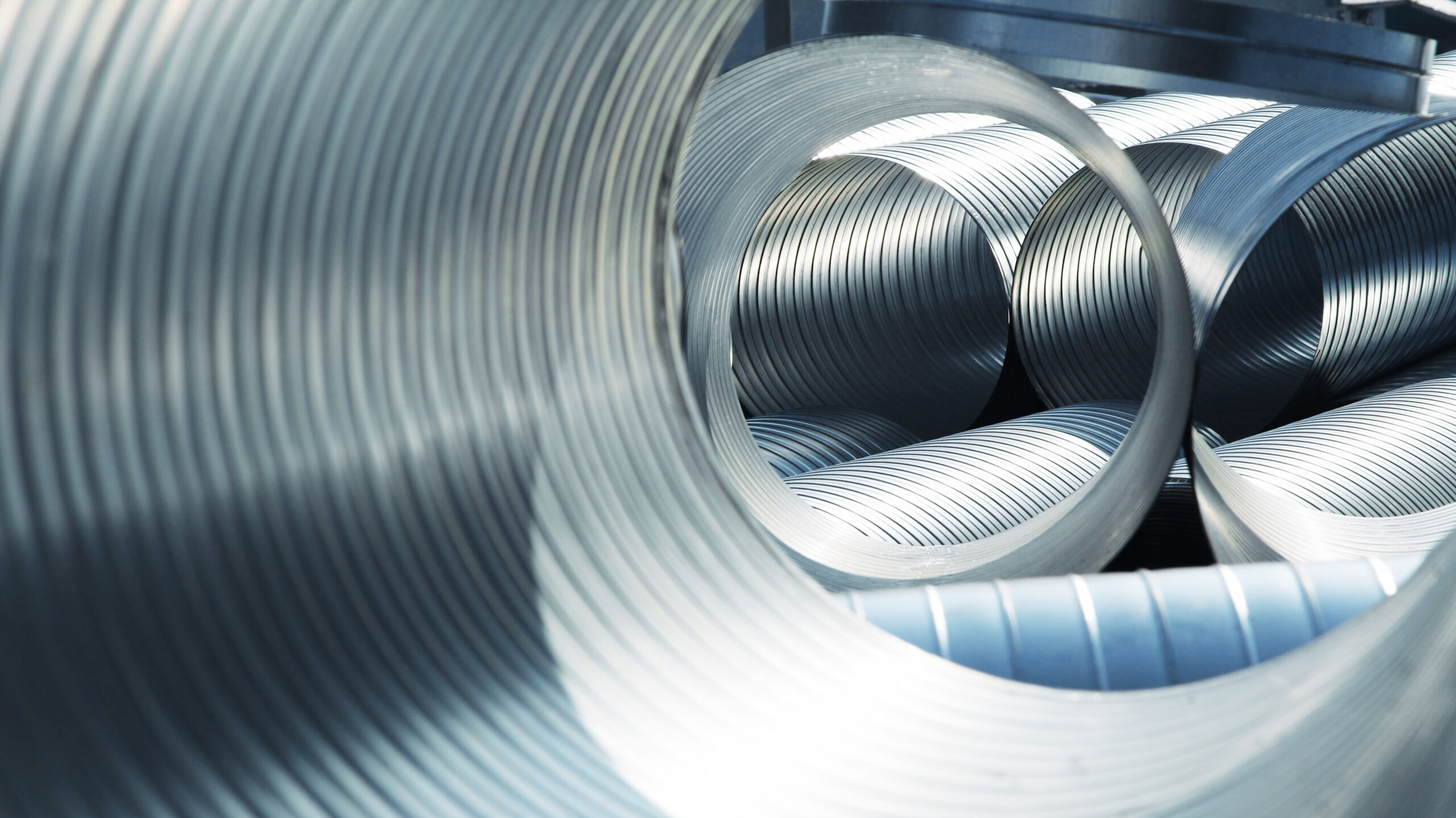Led by Xynteo in partnership with Avril, DB Schenker, Lantmännen, Scania, Shell and Yara, the coalition came together to present a unified voice to help EU policymakers drive a green recovery in Europe.
Our mission to unleash the potential of the bioeconomy, accelerating Europe on its path to climate-neutrality and generating sustainable growth via a coalition platform to identify and create demonstration projects showing the value of the bioeconomy
The bioeconomy plays a vital part in Europe’s economy, employing 18 million people (9%) of the European workforce; and with the right policy framework, it can create 1 million new green jobs by 2030
Spanning all of Europe’s natural ecosystems: agriculture, aquaculture, forestry, and the products and waste streams that arise from these activities; the bioeconomy includes food and feed, forest and crop residues, sewage and manure, bioenergy, biofuels, and bio-based chemicals and materials.
Led by Xynteo in partnership with Avril, DB Schenker, Lantmännen, Scania, Shell and Yara, the BioAdvantage Europe coalition came together to present a unified voice to help EU policymakers drive a green recovery in Europe.
Making a positive impact on limiting global warming now
With EU emissions from the energy and transport sectors needing to halve from 2020 to 2030, the bioeconomy can rapidly decarbonise industries at scale in the crucial period before 2030 (when electrification can first be expected to make a substantial impact) through the development of new sources of biofuels.
The transport sector is already undergoing a big change and moving towards electrification at scale, however, to create significant decarbonisation now, there is a need to develop and utilise sustainable biofuels in hard-to-abate sectors such as shipping, aviation and heavy-duty road transport as they transition to electrification in decades to come. The bioeconomy can create a just, future-fit economy, rather than restoring one no longer fit for purpose.
Biofuel demonstration projects
Biofuels have a significant role to play in decarbonising transport systems over the coming decades, as liquid fuels will continue to be critical for sectors such as marine, aviation and heavy-duty transport. As EU climate policy begins to drive up demand for these fuels, a challenge remains in scaling the supply of sustainable and affordable biofuels.
Through the BioAdvantage Europe coalition, Scania and Yara saw a need to address the market gap by exploring the feasibility of recovering Europe’s contaminated and underutilised land for sustainable biofuel production. If this proved to be feasible, we could demonstrate to policymakers and businesses in the bioeconomy that there is a commercially viable, environmentally and socially sustainable solution.
To explore this opportunity, we created a robust feasibility study that explored the potential of growing feedstocks for sustainable biofuels on European land not used for food or feed.
Our impact
After establishing the feasibility of this opportunity, we are now in the process of designing a demonstration project with Shell, Syngenta and Cargill to explore the commercial opportunity of remediating contaminated and/or degraded land for sustainable biofuels in European regions.



